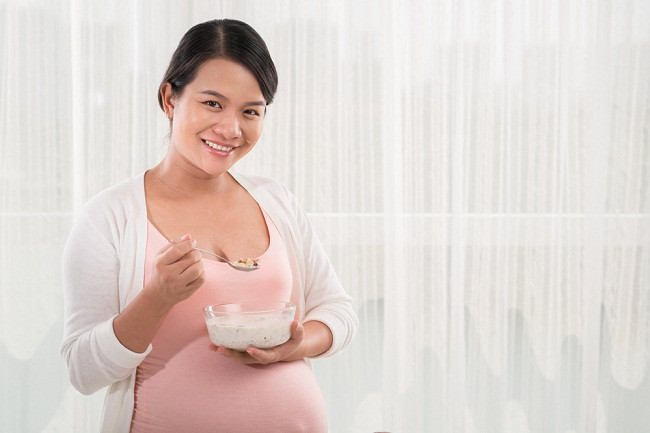Vaginal bacterial infection or bacterial vaginosis is common in women of childbearing age. However, not all vaginal bacterial infections cause symptoms.
Bacterial vaginosis is a mild infection and is quite easy to treat. Even so, this condition should not be left alone, especially if it is found in pregnant women. The reason, bacterial vaginosis in pregnancy is at risk of causing pregnancy complications, such as premature birth and premature rupture of membranes.

Causes of Bacterial Vaginosis in Pregnant Women
The main cause of bacterial vaginosis is an imbalance in the balance of good and bad bacteria in the vagina. Normally, good bacteria (Lactobacilli) are more numerous and can control the amount of bad bacteria in the vagina.
However, when the number of good bacteria is reduced, the growth of bad bacteria becomes uncontrollable so that the number becomes more than the good bacteria. In this situation, bacterial vaginosis occurs.
The exact cause of the imbalance in the number of bacteria in the vagina is not known for certain. However, a number of factors are thought to increase a woman's risk of developing bacterial vaginosis, namely:
- Get used to rinsing the vagina with cleaning products (douching)
- Frequently changing sexual partners and not using condoms
- Take antibiotics
- Use of certain drugs in the vagina
Symptoms and Impact of Bacterial Vaginosis in Pregnant Women
Bacterial vaginosis often causes no symptoms. However, some pregnant women can experience symptoms of vaginal discharge. Vaginal discharge is usually grayish white and has a fishy smell. In addition to vaginal discharge, other symptoms that can be felt are vaginal itching, pain or a burning sensation when urinating.
Bacterial infections of the vagina during pregnancy can increase the risk of premature rupture of membranes, premature labor, low birth weight, and uterine infections after delivery. In addition, women with bacterial vaginosis are more susceptible to sexually transmitted infections, such as gonorrhea, chlamydia, and HIV.
How to Overcome and Prevent Bacterial Vaginosis
To overcome vaginal bacterial infections in pregnant women, doctors will give antibiotics that are classified as safe to use during pregnancy. There are antibiotics that can be used directly in the vagina and some are taken orally. Usually, the doctor will leave the choice to the patient.
Because of the complications that can harm the fetus, it is better for pregnant women to take steps to prevent bacterial vaginosis. These preventions include:
- Avoid changing sexual partners
- Use a condom if you are sexually active
- Take care of the cleanliness of the female intimate organs
- First clean the pubic area before the anus when washing
- Avoid hundred or vaginal douching
- Use cotton underwear for good air circulation
Bacterial vaginosis is a fairly common thing experienced by pregnant women. Even so, this condition can cause complications that have a large enough impact, both for the mother and the baby.
Therefore, pregnant women need to be diligent in maintaining the health of their intimate organs during pregnancy. If pregnant women feel a vaginal discharge that smells fishy, immediately consult a doctor for safe and appropriate treatment.









